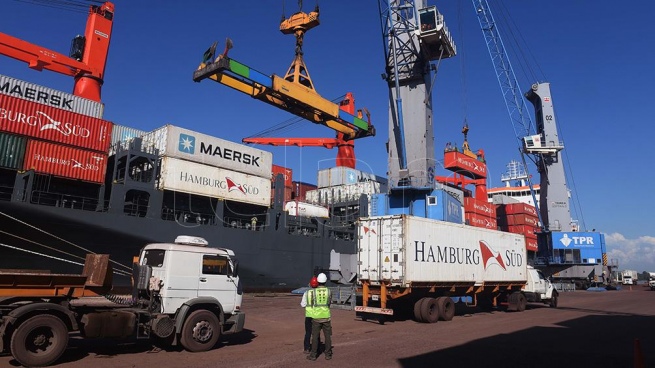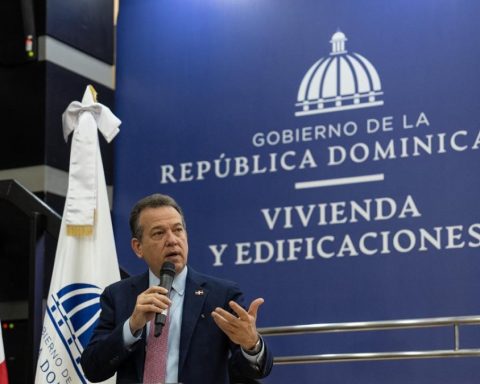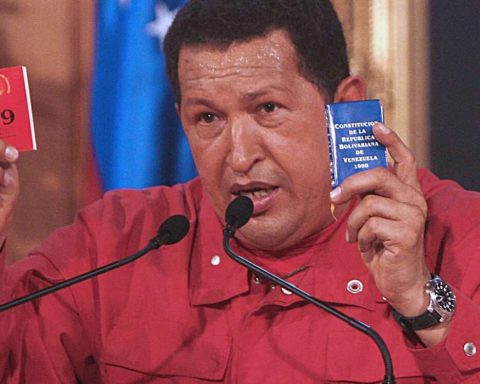Bilateral trade between Argentina and Brazil reached US$ 1,739 million in January, 12% more than in the same month of 2021, while compared to December it fell by 26.7% due to a drop of 35.5% of exports and 17.2% of imports, according to data from the Argentine Chamber of Commerce and Services (CAC).
Exports to Brazil expanded by 0.2% year-on-year in January, reaching US$ 796 million, marking 13 consecutive months of growthwhile imports were US$ 943 million and showed an increase of 24.2% compared to January 2021.
In this way, after four consecutive months of surplus, the trade balance for Argentina showed a deficit of US$ 148 million.
The increase in exports corresponded to Electric power, Wheat and unground rye, Motor vehicles for the transport of merchandise and special uses, Passenger vehicles and primary ethylene polymers, while the increase in Argentine imports was explained mainly by Passenger vehicles, Parts and Accessories for motor vehicles and Iron ores and their concentrates.
Argentina ranked third among the largest suppliers to Brazil, behind China and Hong Kong and Macao (US$ 4,223 million) and the United States (US$ 2,227 million).
In turn, among the main buyers of Brazil, Argentina ranked fourth, behind China, Hong Kong and Macao (US$ 5,114 million), the United States (US$ 4,077 million) and Germany (US$ 859 million). .
“January seems to mark a turning point towards a significant moderation of international and bilateral trade (especially with a Brazil that would hardly grow 0.3% or 0.4% in 2022 depressing demand), with exports that will be more affected than imports,” said the consulting firm Abeceb in its report on bilateral trade with Brazil.
In this sense, the market expectations that the Central Bank of Brazil reveals practically did not register changes in terms of expected growth for 2022 (0.3% vs. 0.29% in the previous measurement) while the expectation grew about the rise of prices (from 5.15% to 5.38% per year compared to the last measurement) and that the interest rate, Selic, reaches 11.75% (currently it stands at 9.25%) to counteract the advance of inflation.
The slowdown in world growth, the rise in FED rates and bottlenecks in the supply and lack of supplies are other factors that could affect trade between Argentina and Brazil in the coming months and that, according to Abeceb, would that the bilateral trade balance between the two would be in deficit for Argentina of around US$ 1,000 million.

















